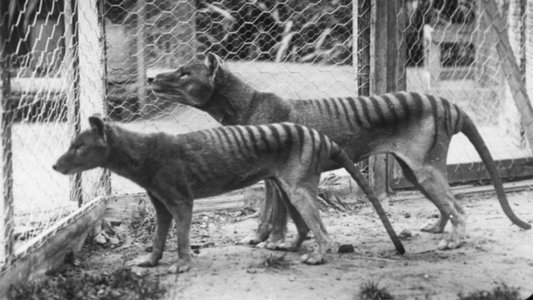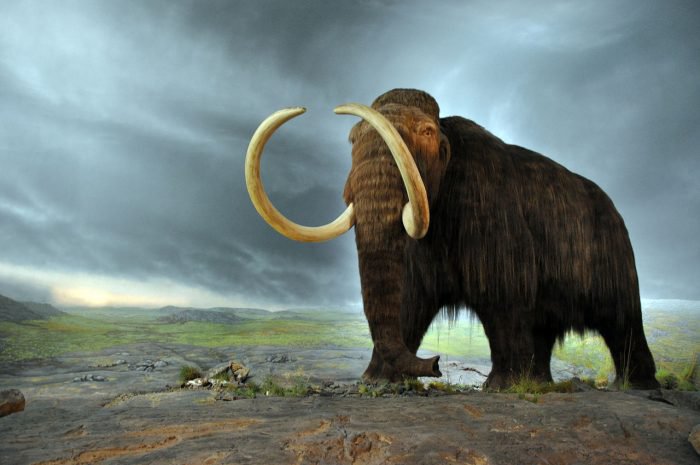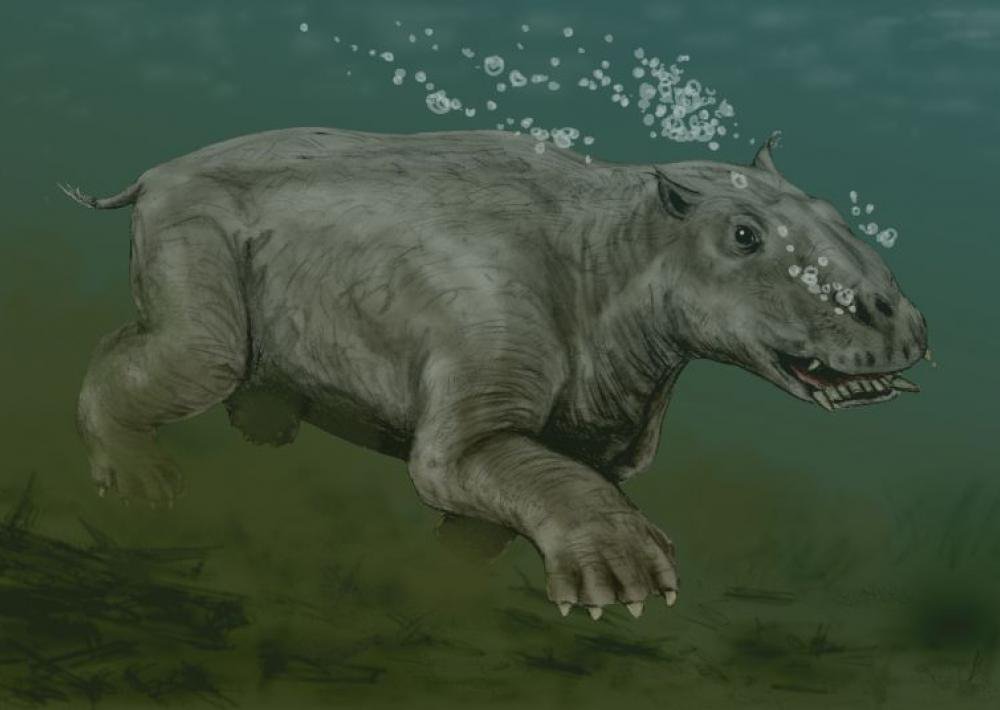From several species of tigers to rhinoceros, we have heard of hundreds of mammals getting extinct in the past centuries. And humans are responsible for 96% of these extinctions, if a new study is to be believed.

The study published in the scientific journal, Science Advances, says that over the last 1,26,000 years, there has been a 1600-fold increase in mammal extinction rates, compared to natural levels of extinction. This increase in extinction is driven almost exclusively by human impact.
One of the researchers involved in the study concluded:
We find essentially no evidence for climate-driven extinctions during the past 1,26,000 years. Instead, we find that human impact explains 96% of all mammal extinctions during that time.

The researchers’ conclusions are based on a large data set of fossils. They compiled and analysed data of 351 mammal species that have gone extinct since the beginning of the Late Pleistocene era.
The findings revealed that these extinctions did not happen continuously and at constant pace. Instead, bursts of extinctions were detected across different continents at times when humans first reached them.

Despite the scary findings, scientists say there is still hope to prevent many existing species from extinction by improving conservation efforts.

















